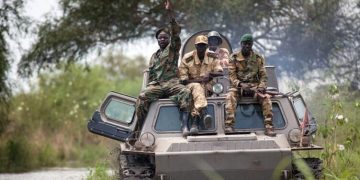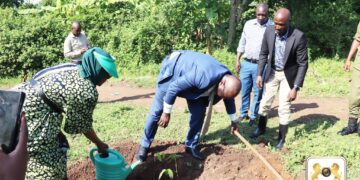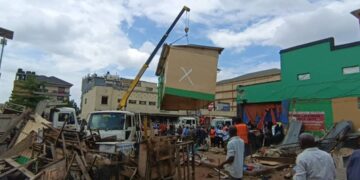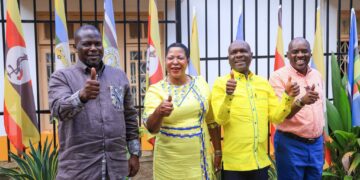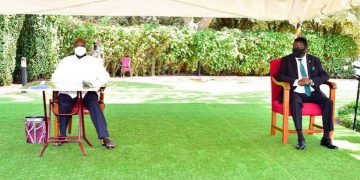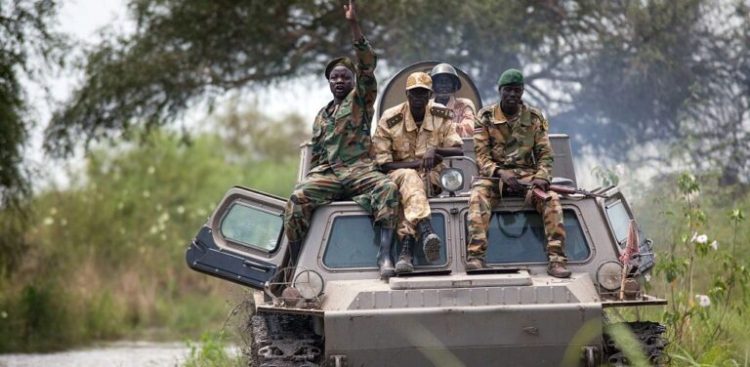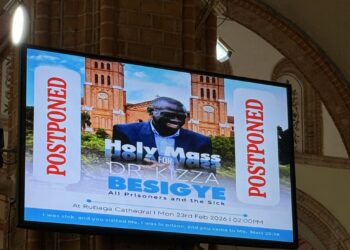By Leonard Kamugisha Akida,
JUBA
Millions of villagers in South Sudan’s rural towns are crying foul after Ugandan People’s Defence Force (UPDF) troops allegedly seized their ancestral lands, leaving them homeless and without livelihoods, a local media house reported.
Radio Tamazuj, a local media station reported on Monday increased Illegal occupancy of the UPDF in Pogee, Magwi County of South Sudan’s Eastern Equatoria State which has created eviction pressures onto the locals.
It’s alleged that the Ugandan army has established several settlements in areas of Katoko, Gotlela, Arambeel, Adodi, and Paragadwanya where they have forcefully occupied the land and displaced thousands of local residents
Media reports further allegedly that the UPDF has already set up over eight new barracks along the border and deployed additional patrol forces, further exacerbating the tension.
Despite attempts by the locals to resolve the issue, the South Sudan government has remained notably silent. This has prompted residents who argue that the move will strain the relationship between the two countries.
Dr. Abraham Kuol Nyuon, a political scientist and Principal of Graduates College at the University of Juba, suggested that the South Sudanese government’s inaction could be a strategic move, influenced by internal complexities.
In an Interview with the Tamazuj radio is ongoing. Internal conflicts, the ethnic tensions, and the economic downturns have weakened the South Sudan People’s Defense Force (SSPDF), undermining their capacity to effectively counter external threats.
“The silence on this issue could be seen as a tactical decision to preserve vital trade relations and avoid provoking Uganda, which has historically been involved in South Sudanese affairs,” Dr. Nyuon stated.
“The government might fear that a confrontation could drive Uganda to support opposition groups, potentially destabilizing the current regime.”
Additionally, Dr. Nyuon pointed out that the economic reliance on Uganda, which serves as a major trade route and partner, might be a factor in the government’s decision to downplay the encroachment.
“Uganda is a significant economic partner for South Sudan and this context could undermine the economic corporation,” he added.
The lack of a robust response to the UPDF’s actions has led to concerns about the legitimacy of the South Sudanese government and its commitment to protecting national sovereignty.
Dr. Nyuon warned that the ongoing encroachment highlights the urgent need for South Sudan to reassess its military readiness and strategic posture, emphasizing that underestimating the UPDF’s capabilities could pose significant risks.
For his part, SSPDF spokesperson Maj Gen Lul Ruai Koang confirmed that the military was aware of the encroachments. He stated that the SSPDF have been actively engaging with their Ugandan counterparts to seek a peaceful resolution, but these efforts have not yet yielded results.
“The issue of encroachment has become a national issue that requires a political decision,” Koang said.
Gen Koang also mentioned that a high-level committee had been established by both militaries to examine the border issues.”
